University Tourism Research: Future of Hotel Industry in Australia
VerifiedAdded on 2021/05/31
|5
|763
|34
Report
AI Summary
This research proposal explores the future of the hotel industry in Australia, focusing on the impact of collaborative businesses like Airbnb. It aims to understand how these new business models are changing the tourism landscape and traditional hotel operations. The study investigates the nature of collaborative sharing in the tourism sector, examining how businesses like Airbnb are impacting the hotel industry and tourist destinations. The research employs a mixed-methods approach, using both qualitative and quantitative data collection and analysis to address the research question: How does the hotel industry view its future and how the development of collaborative sharing businesses, such as Airbnb, will have impact on tourism and tourist destinations in future? The proposal includes a literature review discussing Airbnb's influence and the challenges it poses to hotels, alongside a description of the research methodology and a list of references.
1 out of 5
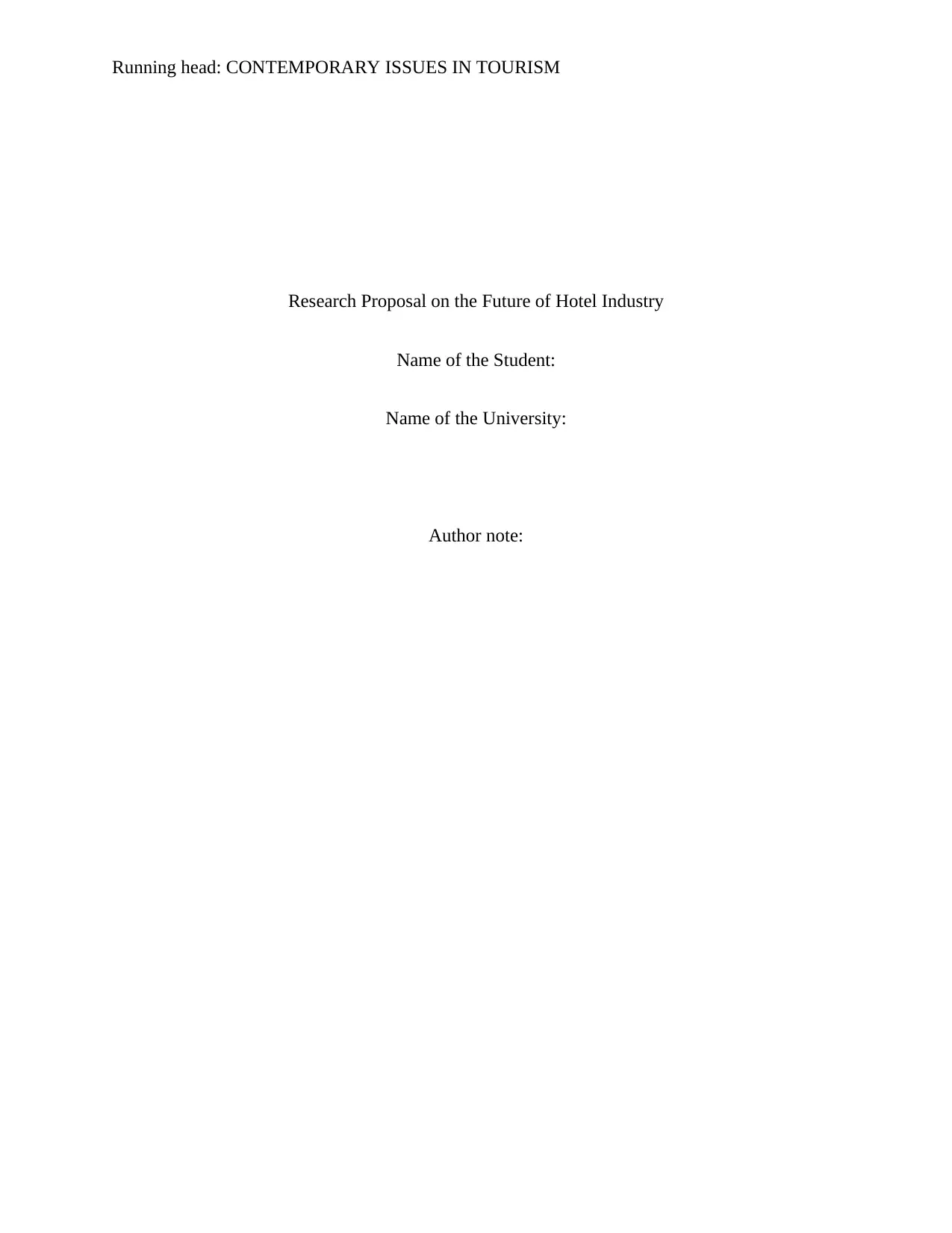
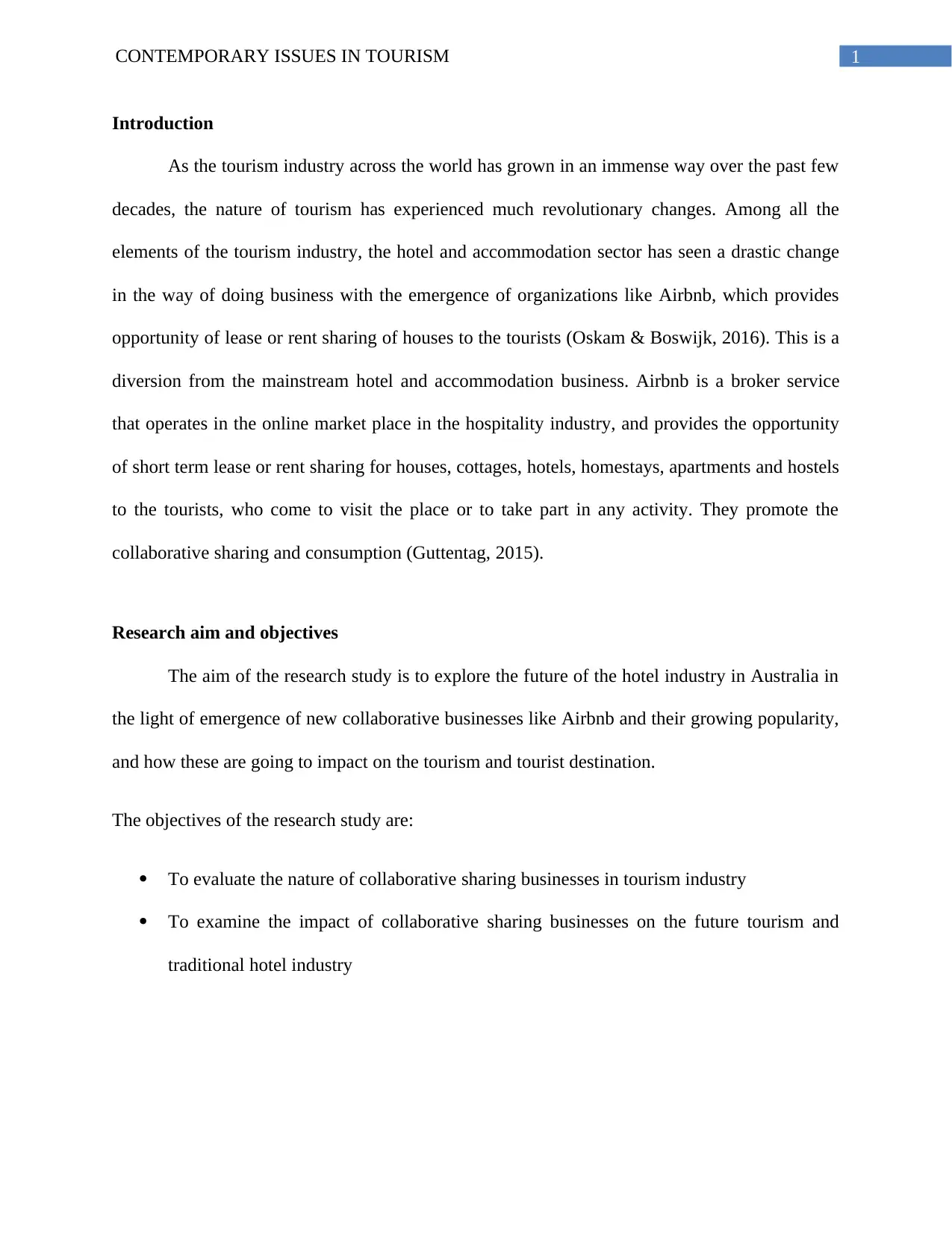
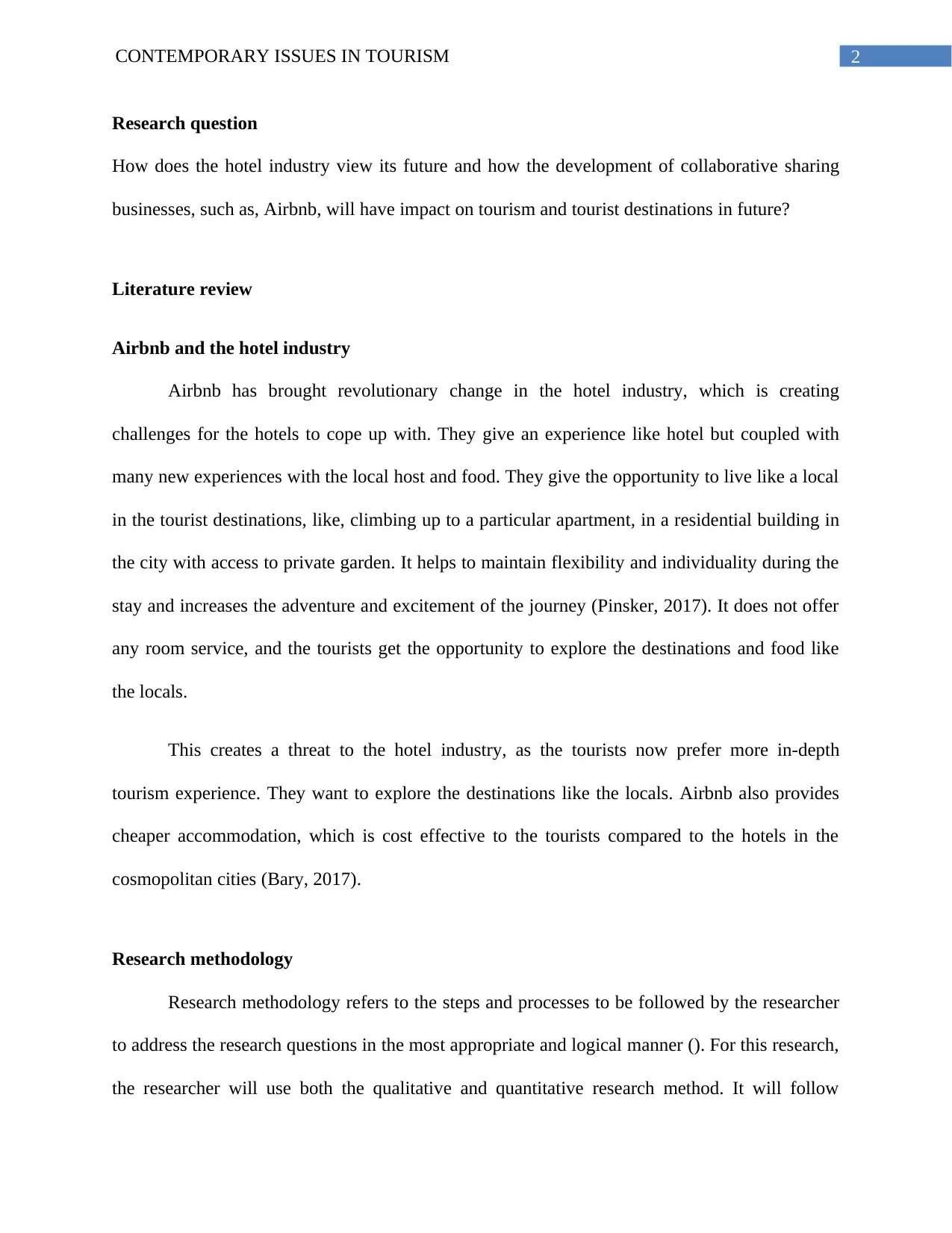

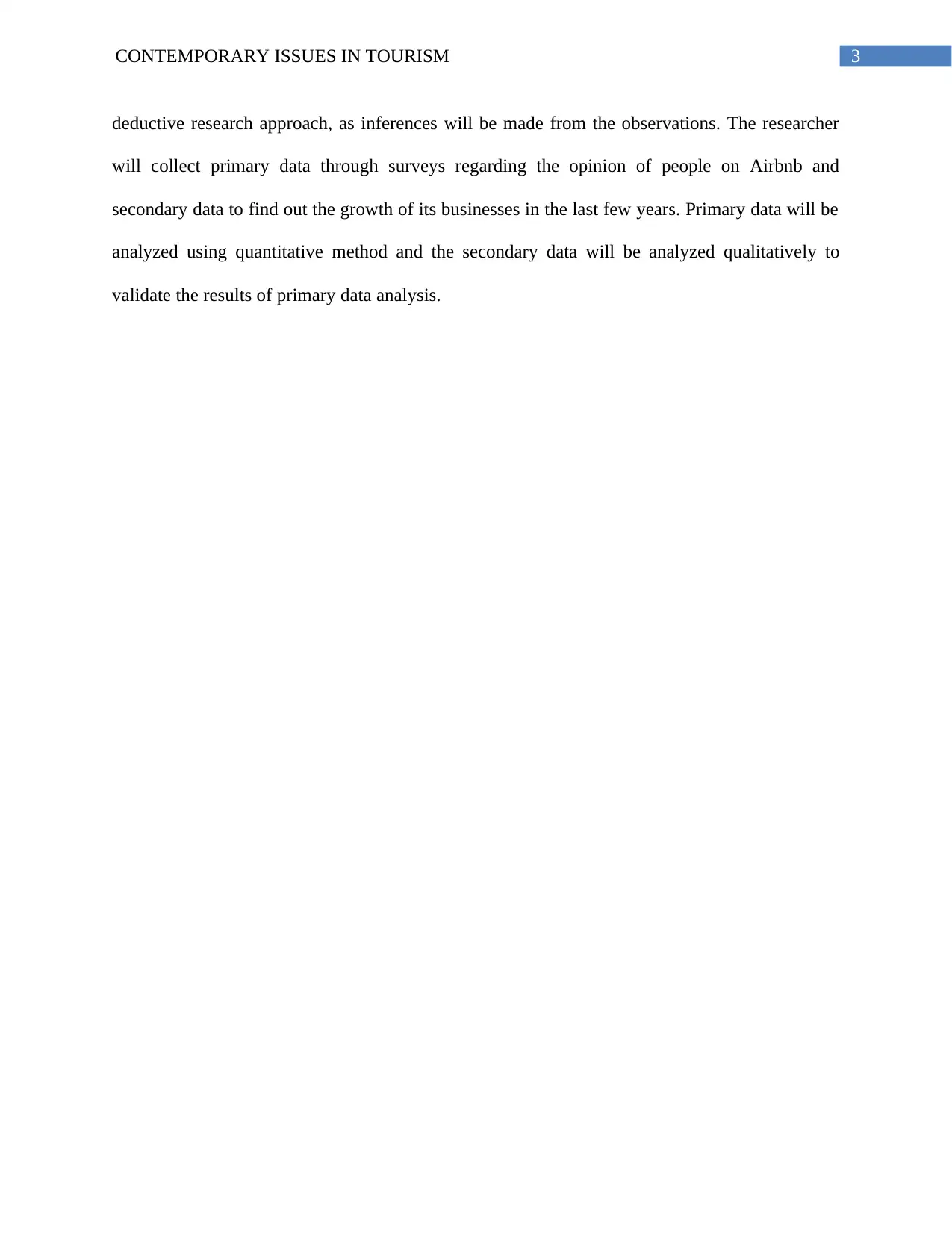
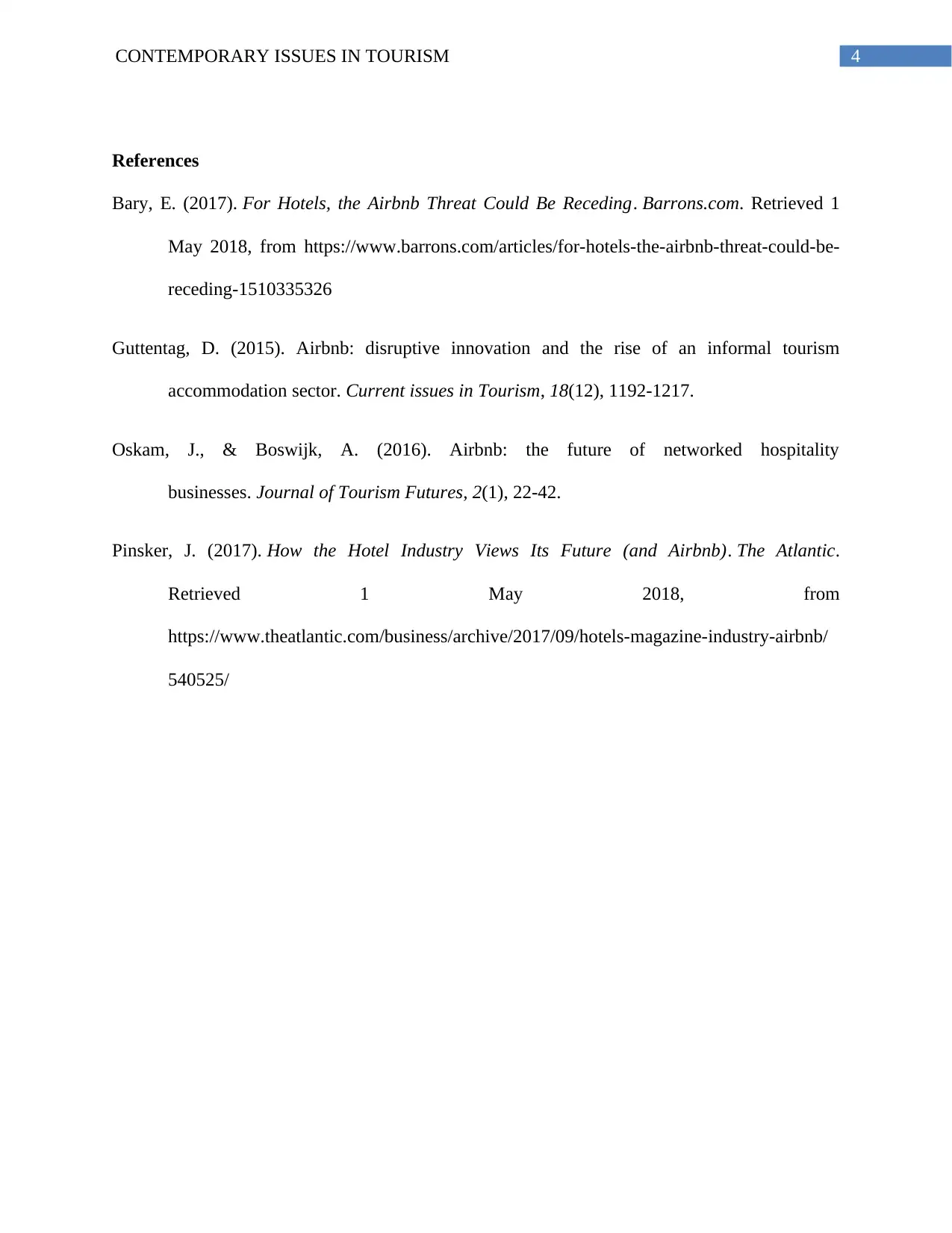






![[object Object]](/_next/static/media/star-bottom.7253800d.svg)